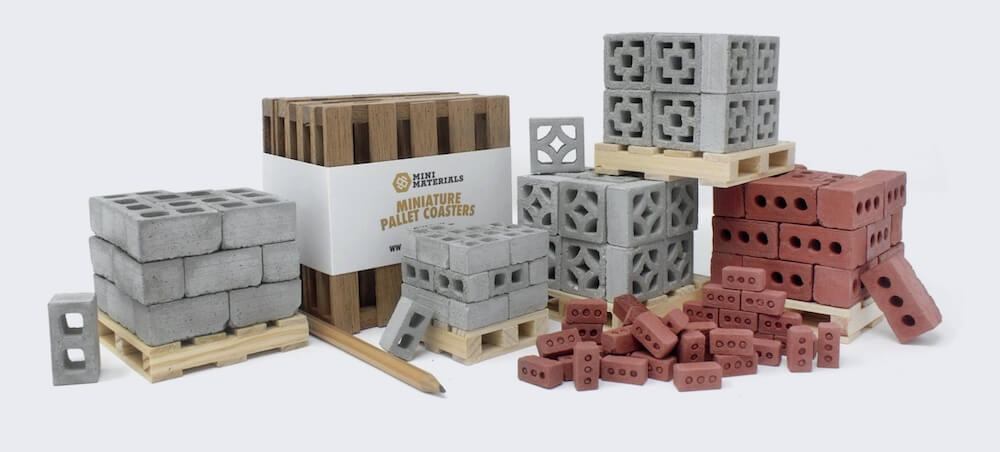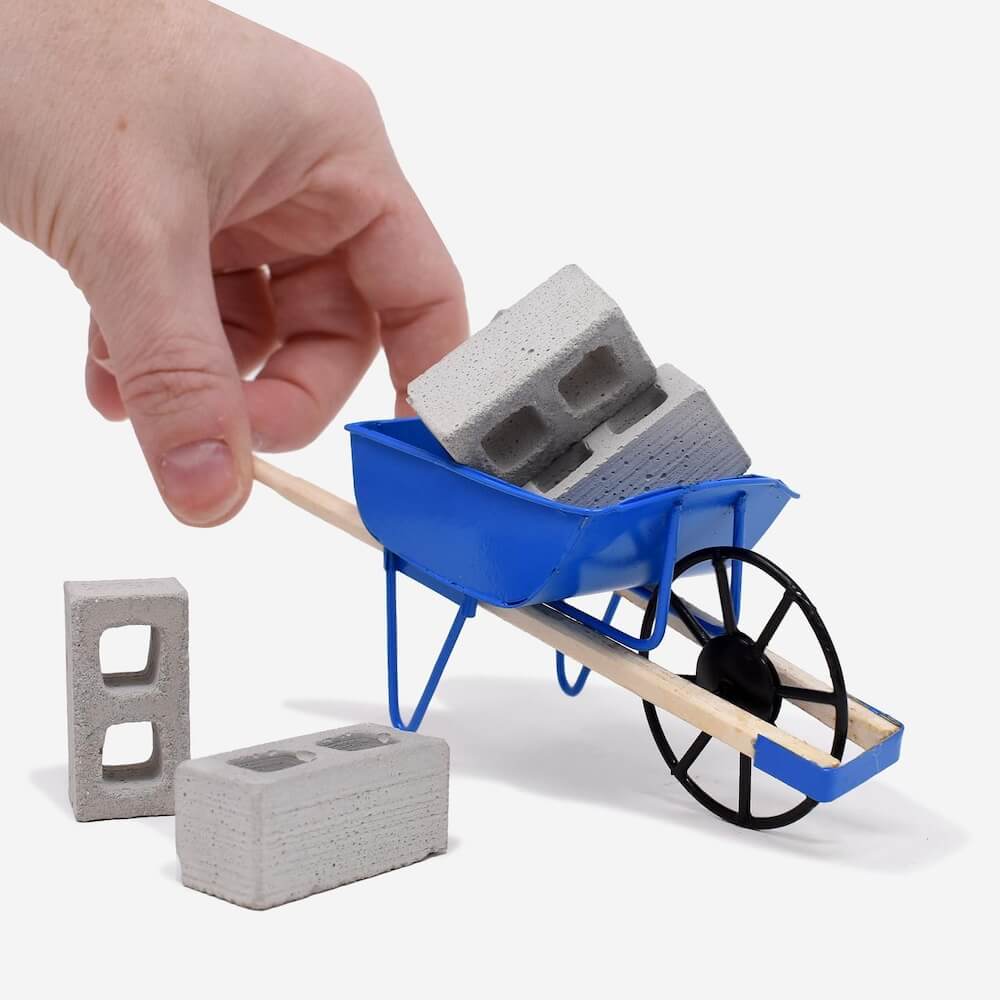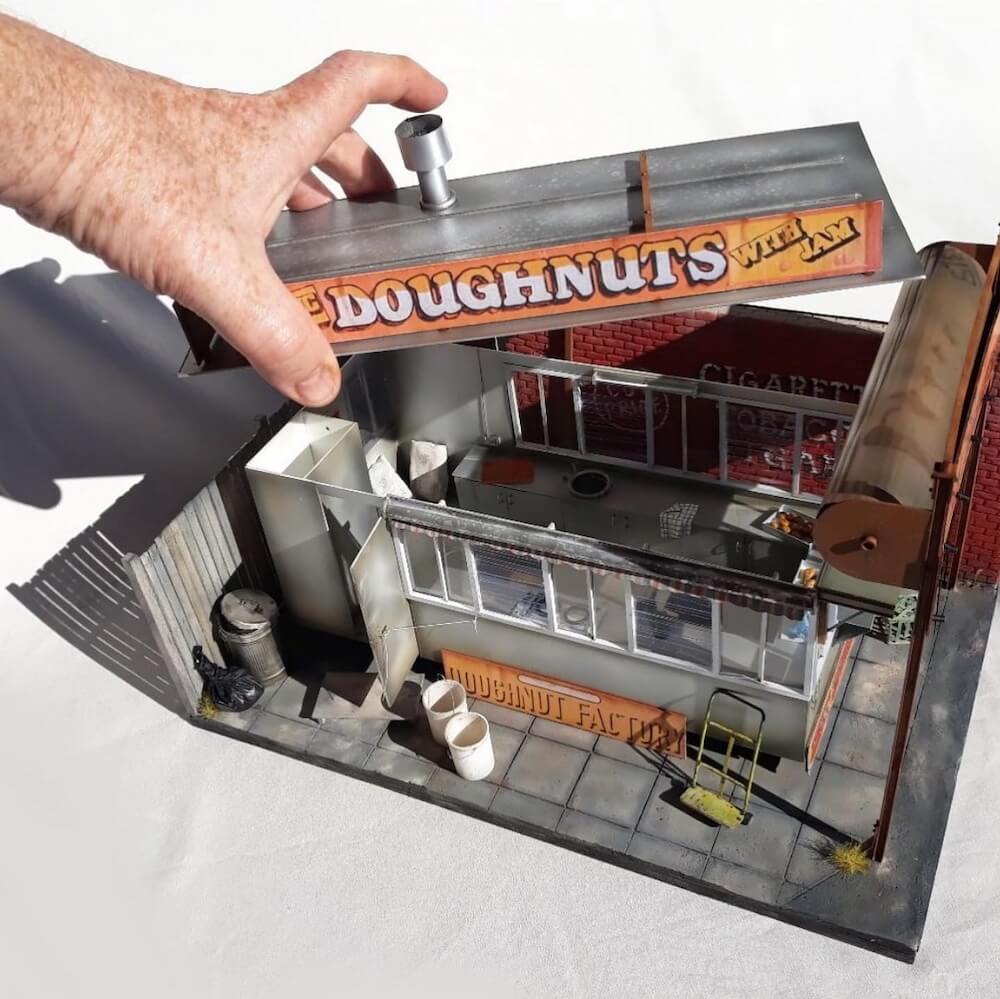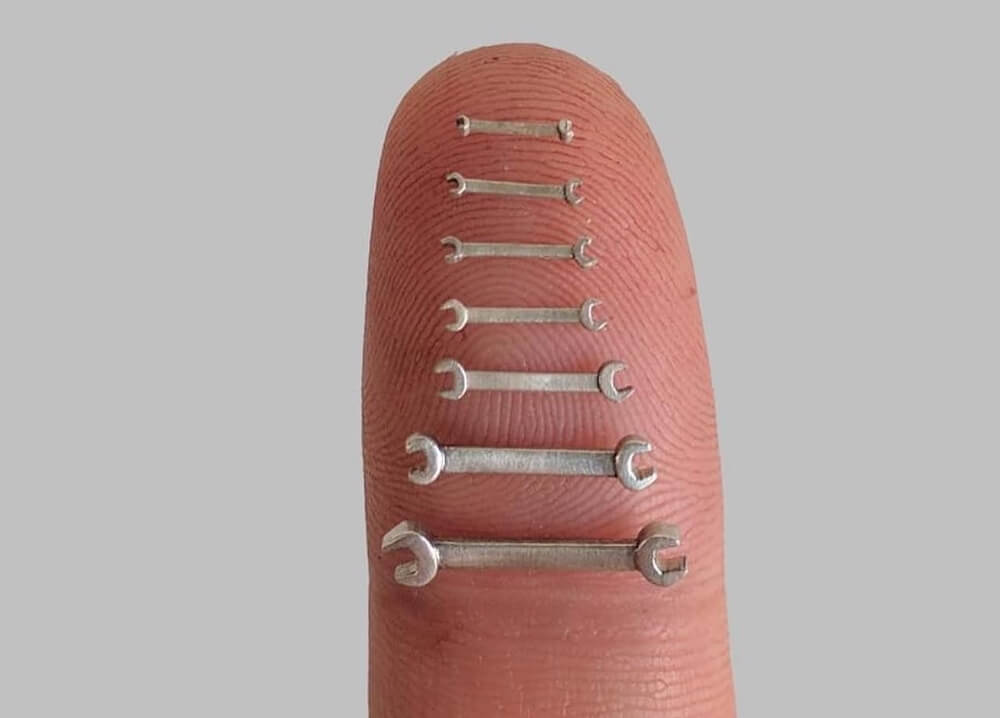Mini Materials was founded in 2015 with the goal of filling the gap in the market for realistic miniature building materials. Instead of using plastics and paint for manufacturing small-scale items, the company opted for the same materials used in their full-sized counterparts, thereby delivering an authentic experience to hobbyists and professionals alike.

Today, under the ownership of Jared Waters, who took over the company in 2022, Mini Materials has not only maintained its quality but also diversified its product range extensively. With its headquarters now located in Portland, Oregon, the company has become synonymous with detailed, high-quality miniature supplies made of real materials such as cement, wood, and nails — all handcrafted in the United States.

A primary distinguishing feature of Mini Materials is its broad product spectrum, which isn’t confined to any single type of construction or hobbyist endeavor. From concrete blocks and red bricks to various forms of lumber, the company provides a little something for everyone. They even produce tiny, detailed roadway barriers, traffic signs, and furniture. One could easily gather materials to construct an entire miniature world, down to authentic street signs and functional ramps for fingerboards.

While many consider these small-scale materials as perfect desk decorations or gifts, educators find value in them as teaching tools. These miniature versions serve as physical, tactile aids in helping students grasp mathematical concepts and architectural principles. They also hold immense value for enthusiasts who engage in constructing realistic dioramas, dollhouses, or intricate models.

Beyond merely mimicking the appearance of real-world materials, Mini Materials has been a leader in leveraging technology to evolve its offerings. Jared Waters has steered the company toward the utilization of on-demand manufacturing techniques, including 3D printing, laser cutting, and substrate printing. This technological shift has allowed the company to add more than 30 new products in a mere six-month span, serving as a testament to its commitment to innovation.
The company’s website is not just an online storefront; it serves as an educational platform as well. It offers a range of tutorials that guide users through processes like pouring mini cinder blocks in a mold or installing miniature flooring. These step-by-step guides empower hobbyists and professionals to take their small-scale projects to the next level. The company has categorized its offerings by scale, from 1:32 to 1:4, making it easier for consumers to find exactly what they need for their specific projects.
Customers can expect to find supplies grouped under categories such as concrete, cement & masonry, fingerboard obstacles & ramps, flooring, furniture & decor, lumber & composites, and more. Within these categories, sub-categories offer an even more refined selection. For instance, under “Concrete & Masonry,” shoppers can explore options like breeze blocks, cement mix & molds, and even a FLW Collection in collaboration with other creators.

The advent of Mini Materials has effectively modernized what was previously seen as a stagnant niche industry, providing not just products but also experiences. The tangible aspect of their materials serves as a bridge between imagination and reality, allowing individuals to explore, learn, and create in a dimension that had previously been limited by the constraints of material authenticity and scale.

